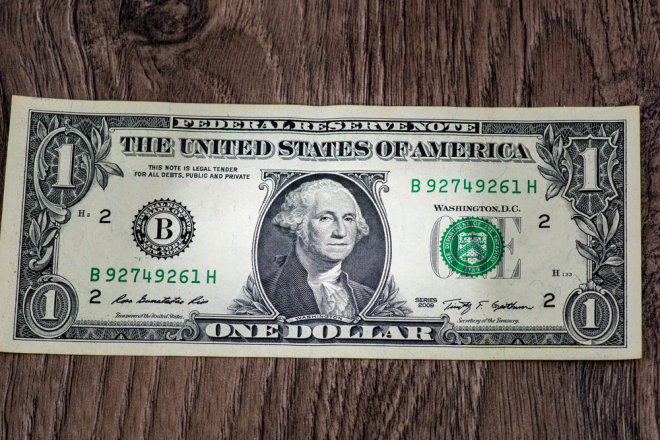
Buying a house is a straightforward process, right? You line up a lender, you find the right house and you get a mortgage to buy it. While this is the case in much of the country, there are plenty of regions where the home prices are too low for traditional home loans. How can a loan be “too small?” And where can buyers find alternate funding options?
Small Dollar Mortgages Defined
Most home loans under $100,000 are considered to be small dollar mortgages. In 2019, less than 10% of all U.S. single-family or condominium home purchases were for $100,000 or less. That’s a 17% decrease in just five years and it translates into less financing for those borrowers.
Most lenders have a minimum mortgage amount they can make. That’s because the cost of making the loan at those prices outweighs the profit they can make on the interest and fees. Its just not worth their time. That leaves many neighborhoods with plenty of uber-affordable homes but few viable buyers.
Small Mortgage Lenders
For those looking to buy homes in the lowest price-ranges, local or state lenders often provide the best financing solution. For example, in 2019 in the city of Louisville, Ky., where the number of small dollar loans was almost double the national average, the majority of those loans were made by a state-sponsored provider of affordable housing, the Kentucky Housing Corporation. It provided 224 of the small dollar mortgages, with other lenders accounting for 157 of the under $100,000 mortgages. Credit unions, small lenders and state agencies can better handle these home loans as they either have government subsidies or they keep their funding local. Borrowers can also ask for lender suggestions from their real estate agents who may be more familiar with local options.
Small Dollar Loan Requirements
Most of the loan requirements for larger mortgages still apply for smaller loans. That could include things like a credit score of 620 or higher, a minimum 3% down payment, and proof of stable income. Private mortgage insurance is required for loan-to-value ratios of less than 80% and debt-to-income ratios are often capped at 45%. Fortunately, because these loans are so much smaller, the down payment amount and monthly payments will be much lower proportionately.
Borrowers of small dollar loans should be aware that mortgage interest rates may be higher than on conventional, larger loans. This is to help compensate lenders for the dramatically lower profits.
Closing costs may also be higher than expected as many lenders have minimum fees regardless of the loan size.
While it may take more footwork to get a mortgage on a small dollar property, there are options available on the state and local level that can help borrowers realize the dream of homeownership.

